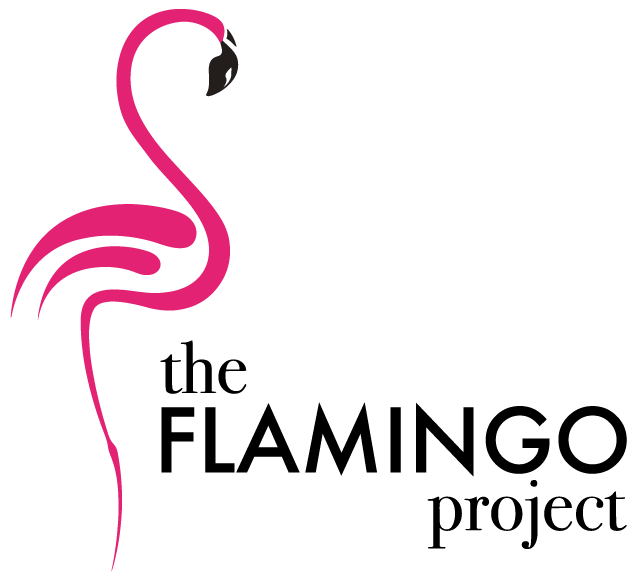Market research is a key component of effective business planning. Regardless of your role in any business, gathering research and creating meaning from it for the next year ensures your year is not only successful but also has a benchmark for success in place. Let’s explore what makes an effective business plan.
Why are we planning? (And how can we make sure they're effective business plans?)
We’re planning because it’s an opportunity to put what we know about the next 12 months and the plans that we have, on paper. Planning allows us to find commonality across the various business sectors or regions—however you’re organized. It allows us to effectively communicate initiatives and set goals. Research is really about communicating.
When planning, all of the business functions make their plans to respond to where the firm is going in the next 12 months. And effective business plans are collaborative. They bring in all the stakeholders.
For example, for many marketers, it’s been decided for you that you’re doing a campaign promoting something. A campaign is probably a great idea. However, it may be out of sequence with something else in your plan or even conflict with what another office or region is looking to do.

Another example, if you’re in business development, you may have plans to capture work within a specific area and require a physical address to facilitate that work, as well as a marketing campaign. Once you start collaboratively planning, you may find that there’s a project that you all already have that also needs to be addressed. Without collaboration, you’d have no idea that your need is a common one. And when there’s a commonality of needs, it generally makes that need more urgent.
So really, this season of research and planning is about getting your ideas on paper for your leadership or board to review, resulting in more detailed plans, actions, and budgets.
What are the plans?
Some of the most common plans include:
Strategic Plans/Updates – These generally comprise a three to five-year plan.
Business Plans – These bring together all the plans (or they should) to map out a cohesive approach for a sector, region, or profit center to achieve its financial goals for the year.
Business Development Plans – These define how we will reach the financial goals outlined in a business plan.
Marketing Plans – These plans are specifically designed to support the regions.
Operations, IT, and Financial Plans – This helps a business decide where we’ll invest over the next year.
Why are we talking about Market Research and Planning and why is it important to talk about now?
Change is constant, and information is your compass. Pre-COVID, many firms relied on past years’ performance to determine the next year, and we all know that can’t happen now. So, how will you make decisions on where your business is going? How will you decide where your business needs to invest and why?
Because historic gut methods no longer work.
Your firm needs to make informed decisions, secure new work, and drive innovation. That’s why market research for effective business plans is the way to accomplish those goals.
What is next?
We’ve established we’re entering a planning season and why we’re planning. Let’s break down the research and make this easy. Firms need to be on the same page about how they will pursue their planning initiatives. Here at The Flamingo Project, we view market research as a three-step process.
Define your purpose – What is the purpose of the information? The types of plans will define our purpose. Which of the following purposes do your initiatives fall under
Craft the questions – Remember, market research is an answer to a question that informs actions with a defendable “why”. So, when crafting questions, it’s essential to consider how the answers to those questions are going to support the purpose of your market research. Not sure you’re asking the ‘right’ questions? Tap here to hop on my open office hours to discuss these questions.
Decide what research types are going to be relevant – Keep in mind the point of the research type is to answer the questions that will support your purpose. Some research types that could be relevant include:
- Trends and Disruptors
- Market Indicators
- Pipeline Development
- Surveys
- Persona Development
- Competitor Analysis
- End Client Identification
Of course, there are a plethora of other research types to consider, but what’s most important is keeping your end goal in mind: What you’re planning FOR.
Planning with the support of relevant Market Research is the difference between a floundering and a successful firm.
Floundering or Successful
Which do you want to be this coming year? If you’re still unsure of what type of planning or Market Research your firm should be engaging in, I would love to help you. Hop on my open office hours and we’ll help you simplify and problem-solve.

